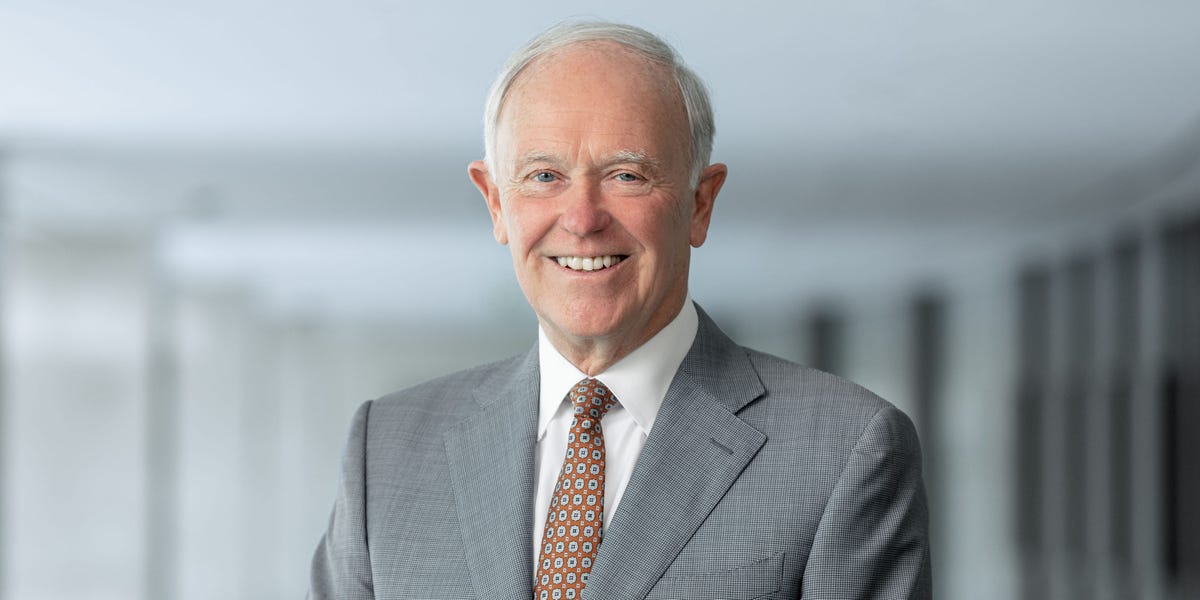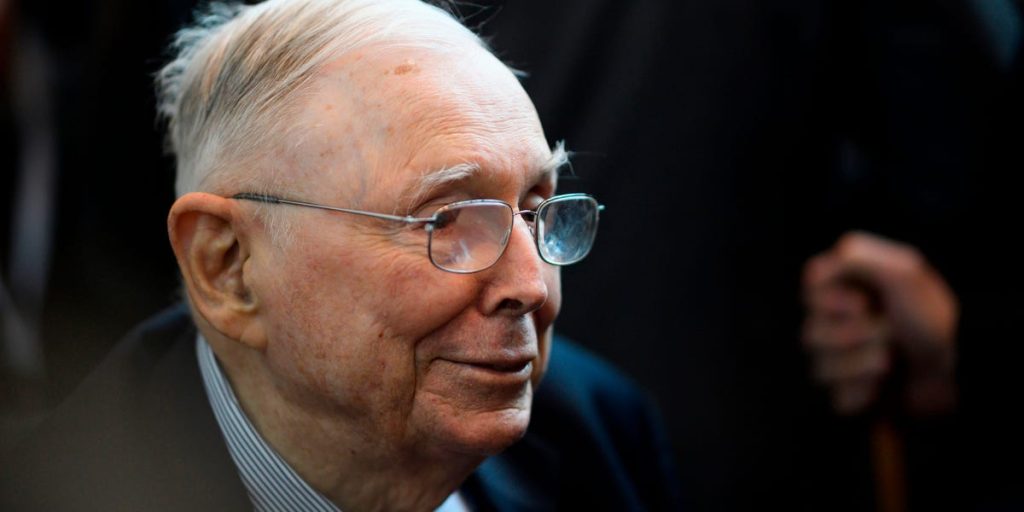Tim Clark was instrumental in establishing Emirates in 1985, and he has served as its president since 2003. The airline operates routes from Dubai to 12 US airports, along with numerous destinations worldwide. Clark emphasizes that when a business “recognizes and respects” its employees, “they look after you” in return. Over the past 40 years, Dubai’s population has expanded nearly tenfold since the inception of Emirates. Clark, a member of the founding team, has led the airline for over two decades. Initially, the fledgling airline faced skepticism, as Clark shared with Business Insider in a recent interview.
“We weren’t taken very seriously at first,” he recalled. However, perspectives shifted when aircraft manufacturers and rivals acknowledged Dubai’s strategic location—roughly equidistant from Europe and the Middle East—and recognized Emirates’ ambition to transform long-haul travel. “We were regarded as lunatics, but we managed to convince both Airbus and Boeing that we were very serious,” Clark stated.
Beyond just having aircraft capable of flying non-stop from Dubai to cities like Los Angeles, Sydney, and Auckland, Clark envisioned cabins comparable to private jets. This ambition led to innovations such as first-class suites with sliding doors introduced in the late 1990s, which have since become standard in the industry. “I wish I had patented those, but we didn’t. Now they’re ubiquitous, including in business class,” he remarked, reflecting on Emirates’ lasting impact.
The growth of Emirates as a dominant player in aviation parallels the evolution of Dubai, which Clark describes as a “global metropolis.” The city has emerged not only as a bustling business hub but also as a gateway to the wider Middle East and North Africa, particularly to Saudi Arabia.
In 2018, Clark was photographed in a first-class suite aboard an Emirates Boeing 777.
Having spent over fifty years in the airline industry, starting with British Caledonian in 1972 and then a decade with Gulf Air in Bahrain, some may wonder why Clark, now 75, continues to work. He contemplated retirement during the pandemic but found he was “determined to get the business back on track and profitable again” before eventually passing the baton to his long-standing team members. “These guys have been with me for 20 years, some of them. Will the business thrive with this team? Of course,” he affirmed. “I’ll find a balance at some point, but I still need to be involved.”
Recently, the airline reported a pre-tax profit of $2.6 billion for the six months ending in September, a slight increase of 2% on revenues nearing $17 billion. Clark anticipates “another very good year” in 2025 but remains realistic, stating, “Anything can happen. Airlines operate in a notoriously unpredictable industry, don’t they?”







